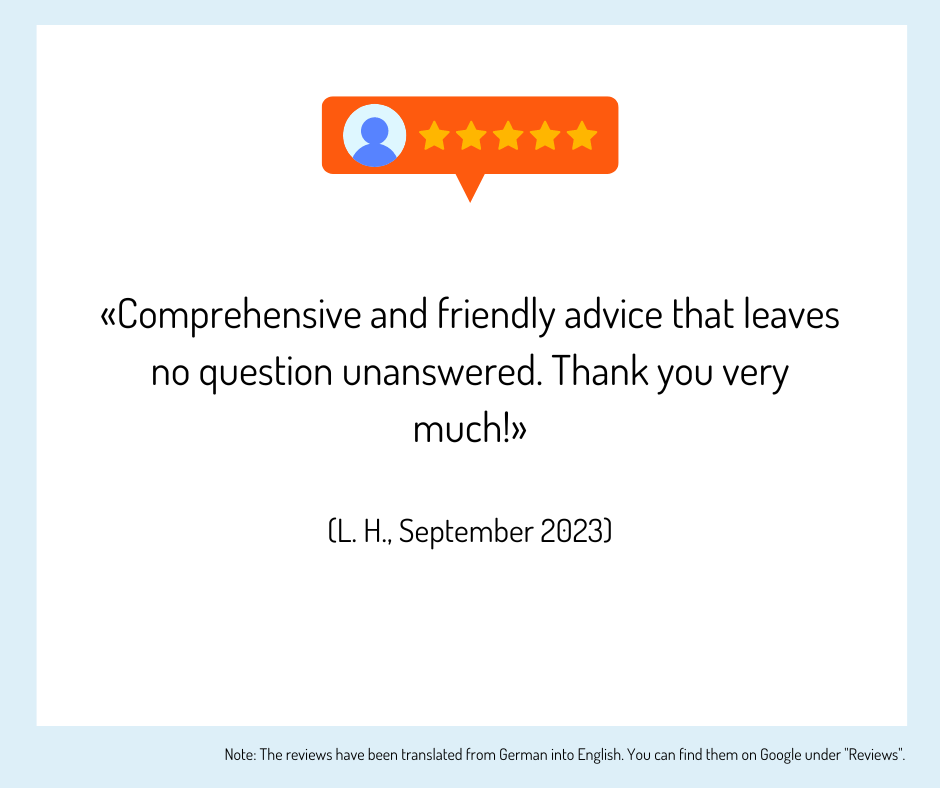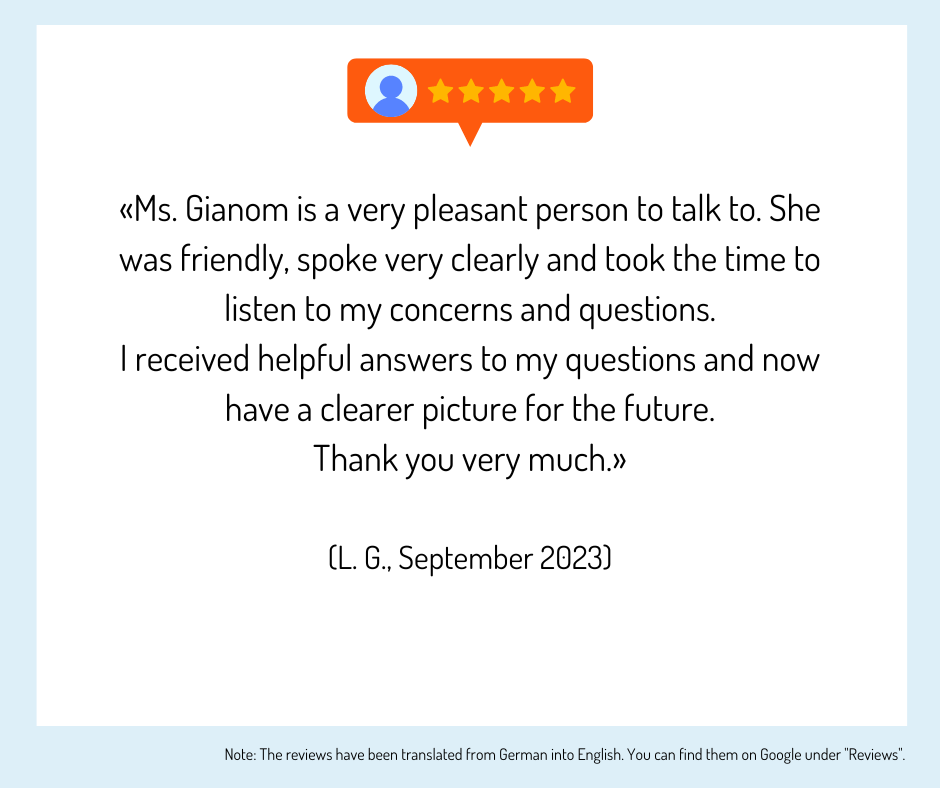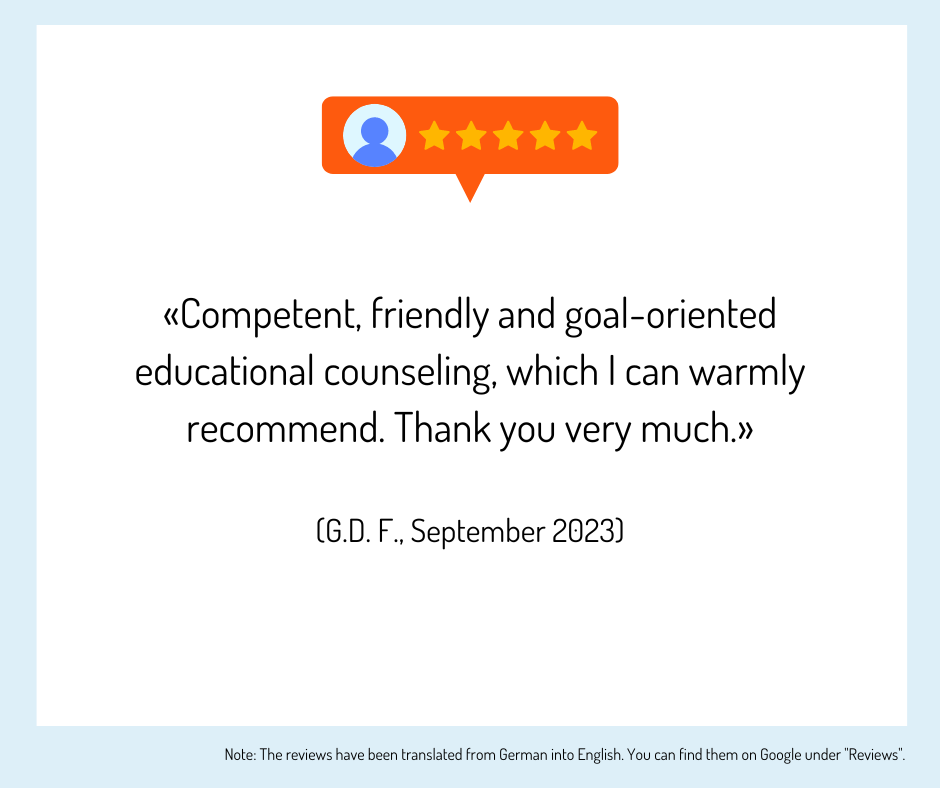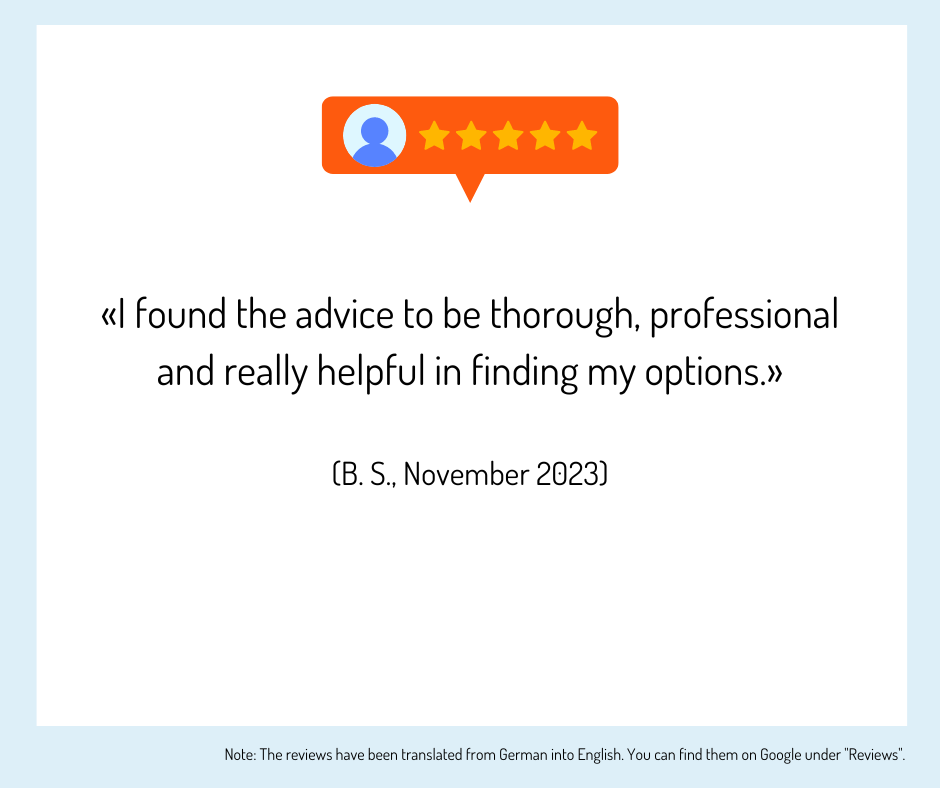Webengineering: education providers, schools, information, educational counseling
With web engineering to professional web applications
Questions and answers
Was gibt es für Möglichkeiten für eine Software-Weiterbildung?
Am naheliegendsten ist hier eine Software-Weiterbildung zum/zur Software-Ingenieur/in. Dies geschieht über ein Studium im Bereich Informatik oder Elektrotechnik FH oder Uni/ETH. Eine Alternative wäre auch hier ein CAS, DAS oder MAS oder ein Studium in Computational and Data Science. Oder ein Bachelorstudium in Software Design and User Experience an einer Universität.
Welches Web-Engineering-Studium gibt es?
Ein Web-Engineering-Studium gibt es nicht, dafür müsste man Informatik oder Data Science studieren. Der Weg führt über eine Nachdiplomausbildung an einer Fachhochschule in Form eines CAS oder DAS. Dies setzt eine mehrjährige qualifizierte Berufspraxis voraus. Eine Alternative wäre ein Diplom des Instituts für berufliche Aus- und Weiterbildung (IBAW). Auch hier ist eine Berufsprüfung, höhere Fachprüfung oder ein Diplom einer höheren Fachschule / Technikerschule erforderlich. Mit Englischkenntnissen auf Niveau B1 und dem Nachweis qualifizierter Kenntnisse ist auch eine Zulassung sur dossier möglich.
Warum eine Weiterbildung CAS Web Engineering absolvieren?
Bei der Entwicklung professioneller Web-Applikationen kommen sowohl client- als auch serverseitige Technologien zum Einsatz, die zu einer ganzheitlichen Web-Applikation führen. In einer Weiterbildung CAS Web Engineering lernen Sie, wie ein Informatiksystem oder -produkt systematisch von der Idee über die Anforderungen und das Design bis zur Realisierung entsteht. Dabei können Sie Ihre bestehenden Kompetenzen im Software Engineering mit modernen Softwareentwicklungsprozessen, -methoden und -techniken erweitern oder aktualisieren.
Was lernt man in einem CAS Web Engineering?
In einem CAS Web Engineering lernt man folgendes:
- Webtechnologien wie HTML, CSS und Javascript
- Professionelle Web-Applikationen entwickeln
- Server-seitige Technologien einsetzen
- Benutzerbedürfnisse erfassen und zielgerichtet modellieren
Was sind CAS-Kurse?
Mit einem Certificate of Advanced Studies (CAS) erwerben Sie berufsbegleitend Zusatzqualifikationen in einem bestimmten Fachgebiet. CAS-Kurse sind modular aufgebaut und können Teil eines DAS oder MAS sein. Für den Präsenzunterricht und das Selbststudium erhalten Sie für den CAS Web Engineering 10 ECTS-Credits.
Web Engineering: Was ist die CAS Weiterbildung Bedeutung?
Die CAS Weiterbildung Bedeutung und Ziele beim Web Engineering sind:
- Projektteams und den Softwareentwicklungsprozess so zu organisieren, dass Software effizient und effektiv entwickelt werden kann
- Anforderungen zu erheben, zu verhandeln und zu beschreiben
- eine zweckmässige und wartbare Software-Architektur und ein Design zu erstellen
- sicherstellen, dass das Softwareprodukt die geforderte Qualität aufweist
Webengineering: Was ist Web-Engineering?
Webengineering ist eine relativ junge Disziplin. Web-Engineering ermöglicht die Entwicklung sicherer und skalierbarer Web-Anwendungen mit qualitativ hochwertigen Benutzeroberflächen. Es erfordert eine Reihe von Methoden und Werkzeugen, damit Web-Systeme den Anforderungen an schnelle Änderungen gerecht werden, die Web-Projekte gegenüber anderer Software haben.
Wie kann man Software Engineering studieren?
Wer Software Engineering studieren möchte, tut dies am besten im Rahmen eines Nachdiplomstudiums (NDS HF). Das Nachdiplomstudium eignet sich für den Einstieg in die Informatik oder zur Auffrischung von Informatikkenntnissen. Es werden nicht nur moderne Technologien vorgestellt, sondern auch moderne Entwicklungsmethodiken thematisiert und geübt. Das Nachdiplomstudium HF «Software Engineering» ist die ideale Weiterbildung für technisch ausgebildete Berufsleute, die in der Applikationsentwicklung tätig sein möchten. Es werden aber auch einfache Kurse mit Schuldiplom angeboten.
Erfahrungen, Bewertungen und Meinungen zur Ausbildung / Weiterbildung
Haven't found the right training or further education yet? Benefit from educational advice now!
Further training is not only important in order to maintain or increase professional attractiveness, investing in training or further training is still the most efficient way to increase the chances of a pay rise.
The Swiss education system offers a wide range of individual training and further education opportunities - depending on your personal level of education, professional experience and educational goals.
Choosing the right educational offer is not easy for many prospective students.
Which training and further education is the right one for my path?
Our education advisory team will guide you through the "education jungle", providing specific input and relevant background information to help you choose the right offer.
Your advantages:
You will receive
- Suggestions for suitable courses, seminars or training programs based on the information you provide in the questionnaire
- An overview of the different levels and types of education
- Information about the Swiss education system
We offer our educational counseling in the following languages on request: French, Italian, English
Register now and concretize your training plans.












